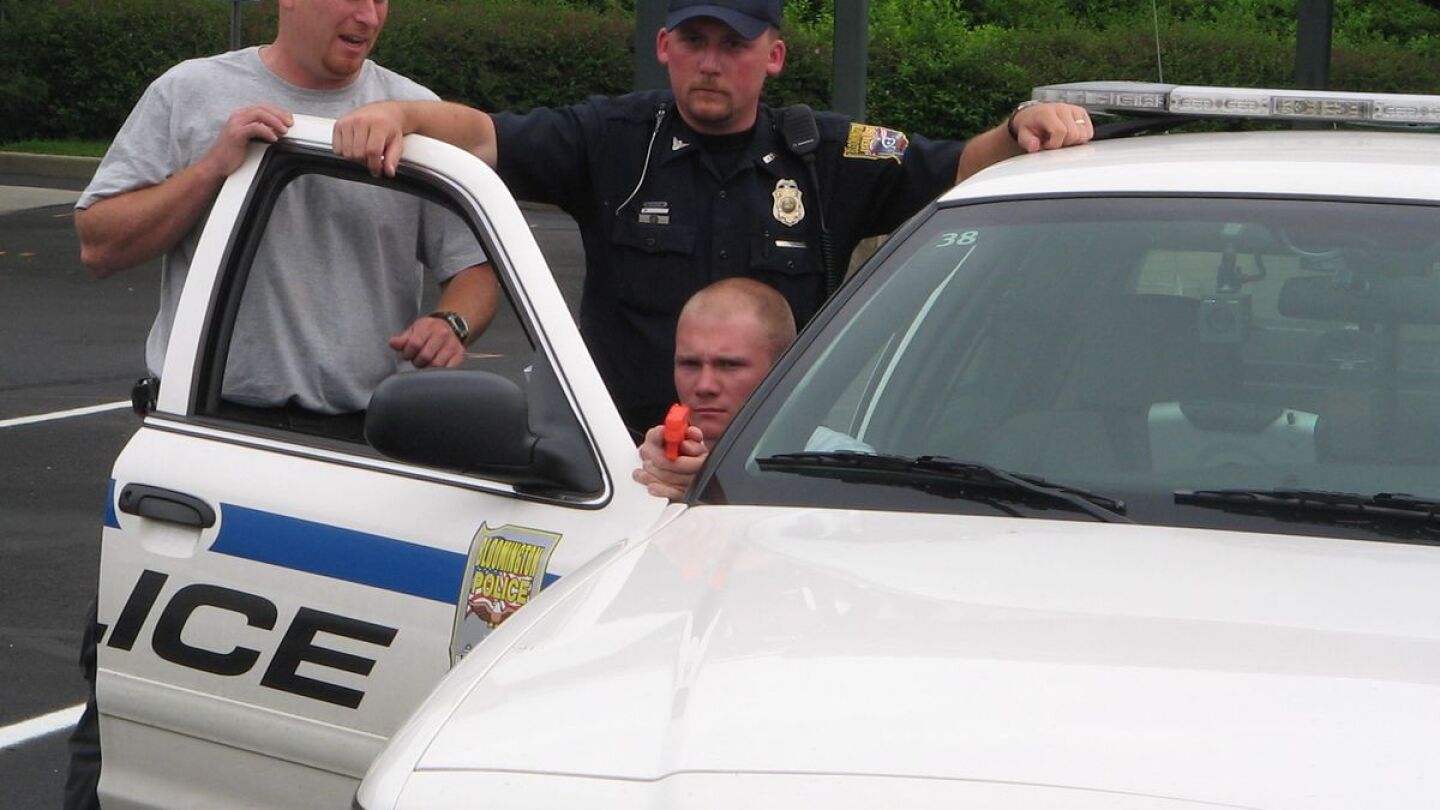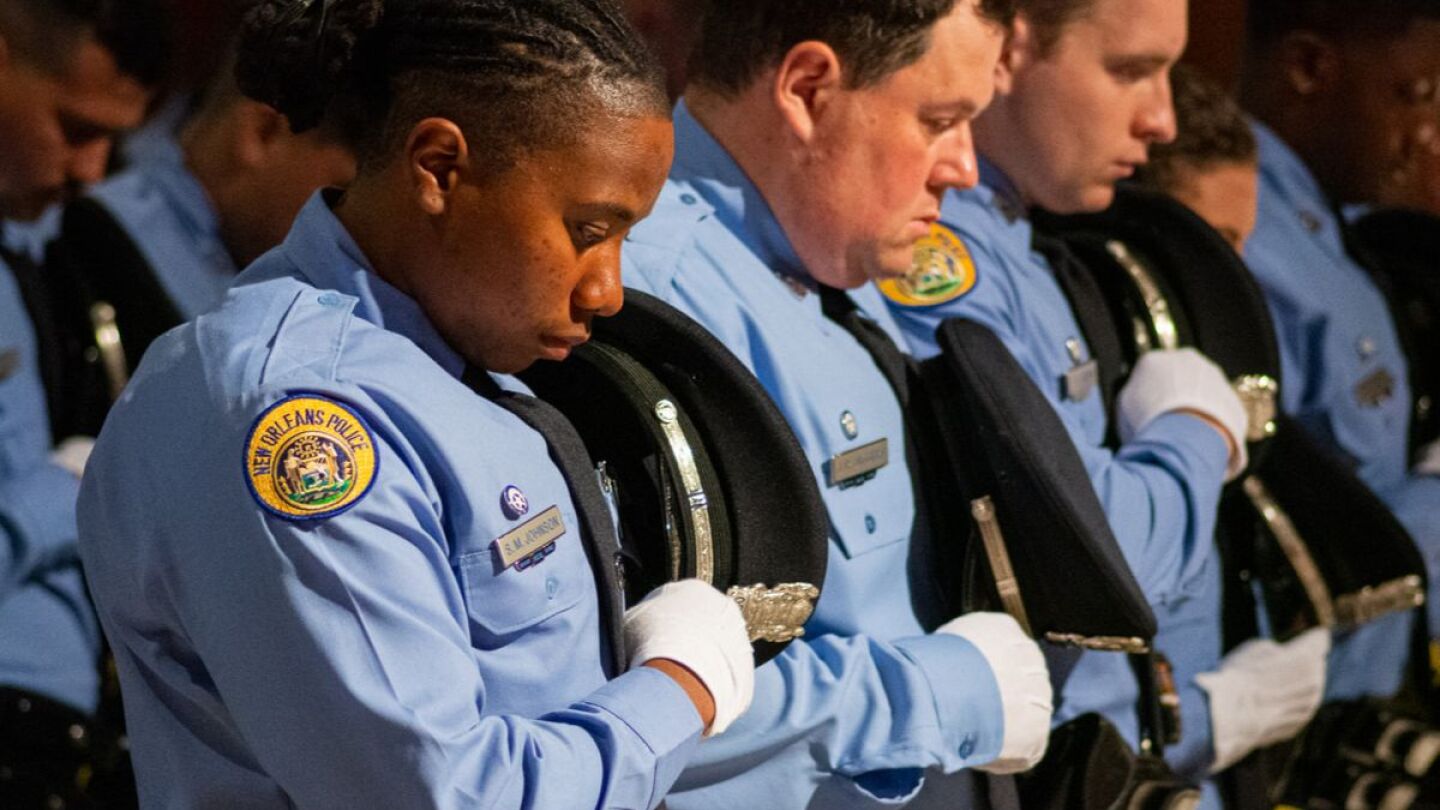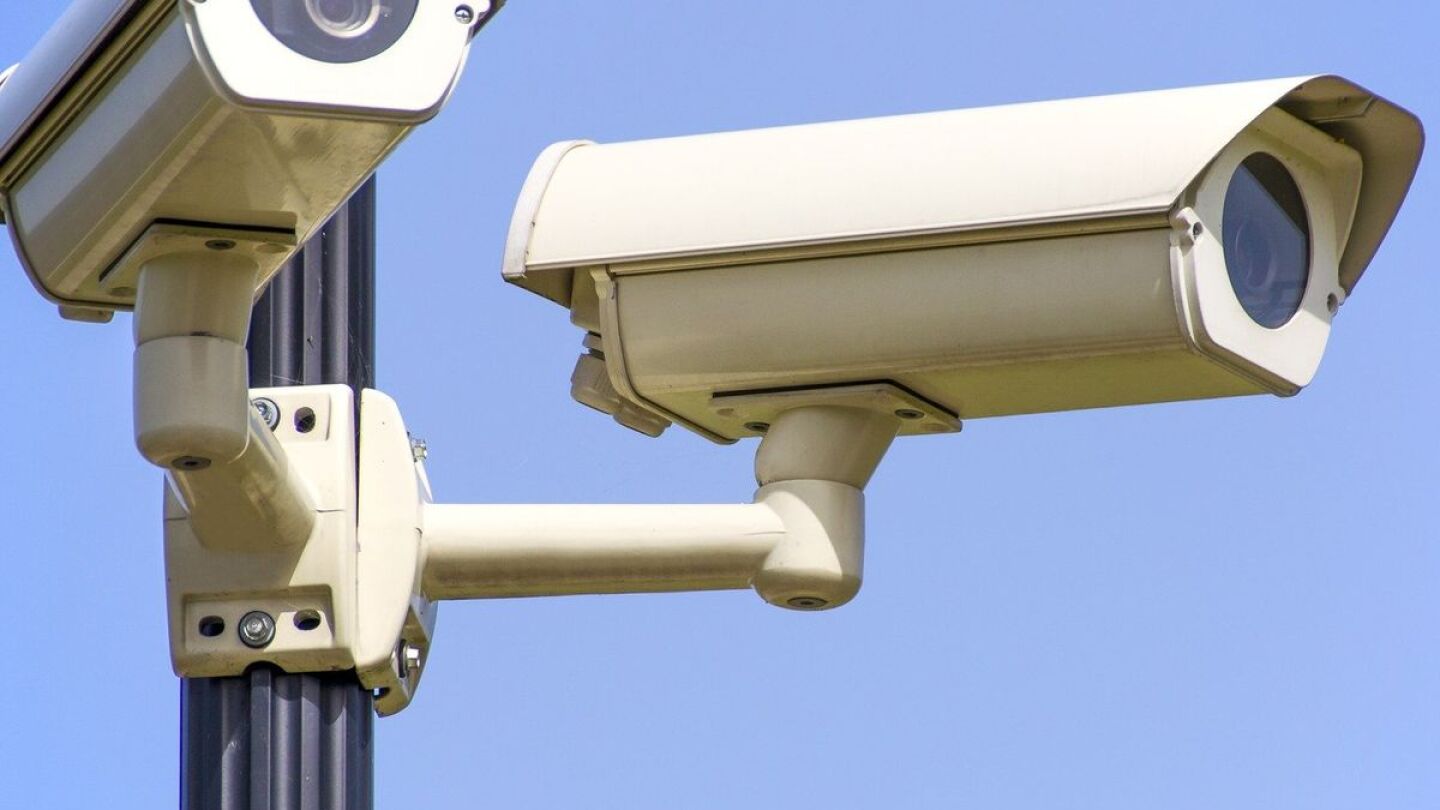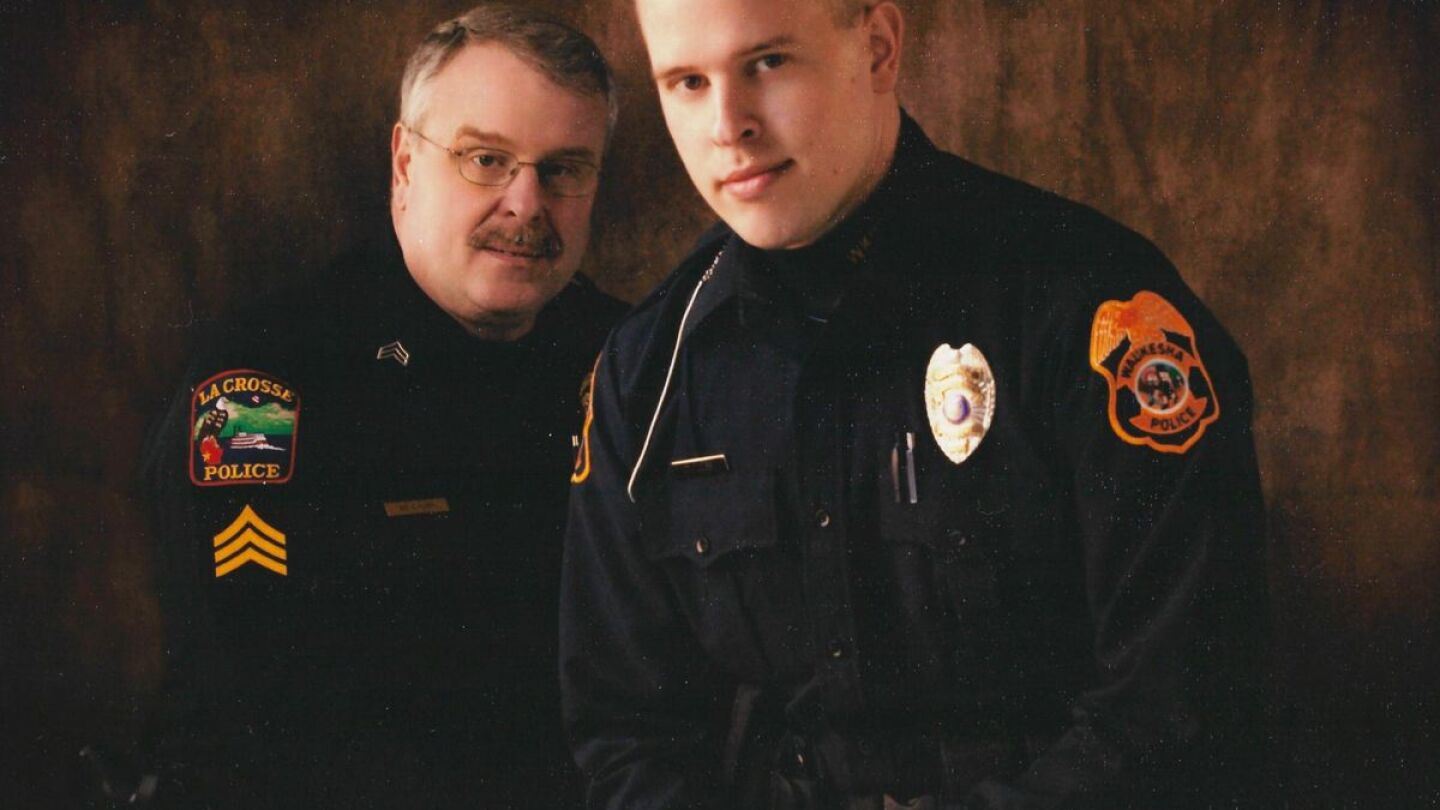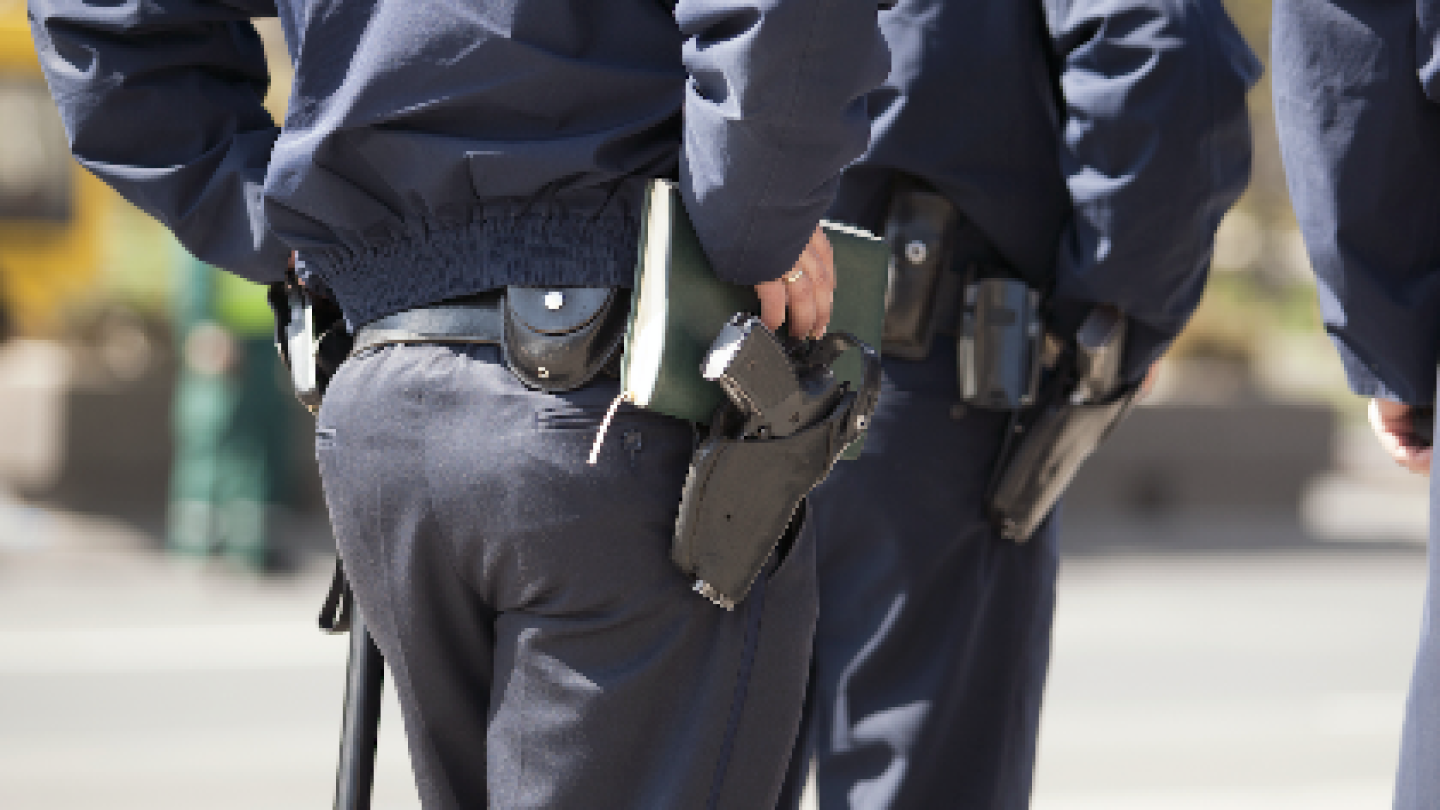Ethics
Discover in-depth articles, expert commentary, and training resources on police ethics, covering topics such as integrity, accountability, use of force, and community trust. This page helps law enforcement professionals navigate ethical challenges and uphold the highest standards of conduct in policing.
Too often, police leaders seem to believe that ‘bad officers’ only flourish in someone else’s back yard and not their own
Do you have a leader within your department that’s capable of turning your team into an elite unit? Try looking in the mirror
Boosting crime prevention, filling staffing gaps and gaining public trust through ethical ALPR use
Trilogy graduates earn college credit as well as network with other leaders in law enforcement
Throughout our police careers, we are told to intervene if we see another officer doing something wrong or illegal, but it is unclear exactly what we should do
The concept of field training makes sense to police administrators – it is the logistics of training they may have a problem with
Investing in supervisors is an investment in law enforcement’s future
Our current Code of Ethics has served our profession well, yet just as policing has evolved, so must our Code
We have substantial ‘problems lying in wait’ in too many law enforcement agencies that we need to address
Taking a cue from pilot training, the EPIC program teaches officers to become active bystanders who speak up when watching a troubling event unfold
Agencies that take no action to terminate officers who have been proven to be dishonest are placing themselves at risk
“F*#k off” is protected speech and does not justify a stop
Should a trooper’s conflicting statements about a lost hat constitute the type of credibility failure that destroys an officer’s career?
Arbitrary policies prohibiting the hiring of the children of our finest are not only unfair but also un-American
Correctional officer cadets objecting to participating in a Nazi salute for a class photo were first pressured, then ordered, to participate
Ego, tradition, indifference and bad judgment can allow inappropriate behaviors to become normalized
We damage the law enforcement profession when we drive in a careless manner and with disregard for the very laws we enforce
Axon will not be using the tech in its cameras, heeding the recommendation of its ethics board
Recruit and in-service training on ethical police practice must emphasize the many pitfalls of such conduct
Planning and prevention define responses to high-profile officer-involved incidents
If legislatures, courts and prosecutors can’t agree on what Brady requires, is it any wonder officers and police departments are uncertain?
Research can help inform how to better prepare students to make ethical decisions in the field
Officials say the veteran agent kept the cocaine in his agency vehicle for the rest of his shift before turning it over to another smuggler
John Kivlin lost his job and served time in jail before an investigation revealed the truth
Make sure to share your quiz results and challenge your colleagues to match or beat your score
The road to justice is difficult, so recognizing our inconsistent beliefs and justifications is paramount to acting appropriately
Touch is likely the most important physical activity a law enforcement officer will engage in during their police career
EPIC gives New Orleans police officers the strategies and tools they need to step in and prevent problems before they occur
Former Sheriff Joe Arpaio was convicted of a criminal charge for refusing to stop traffic patrols that targeted immigrants
Joe Arpaio is charged with criminal contempt-of-court for prolonging his immigration patrols 17 months after a judge ordered them stopped
A viral video of an officer’s interaction with an apparently intoxicated man raises questions about how recordings of police interactions with the public are shared
Exposure to IA will allow a cop to better understand the personnel system, agendas of some citizens, attitudes and mindset of officers, and the thought process of managers
Because ‘real police work’ can include dealing with truancy, family issues, traffic safety and control, community health, and neighborhood disputes, many of the most effective police officers are those who are altruistic
MOST POPULAR
- How to take a values-based approach to policing
- Chief Robert McNeilly on how early intervention can identify issues before they become problems
- Early intervention systems offer the power to identify struggling officers as well as high performers
- On-demand webinar: Breaking the cycle: How AI is reshaping the fight against sexual assault and human trafficking
- Rethinking our approach to police candidate selection






